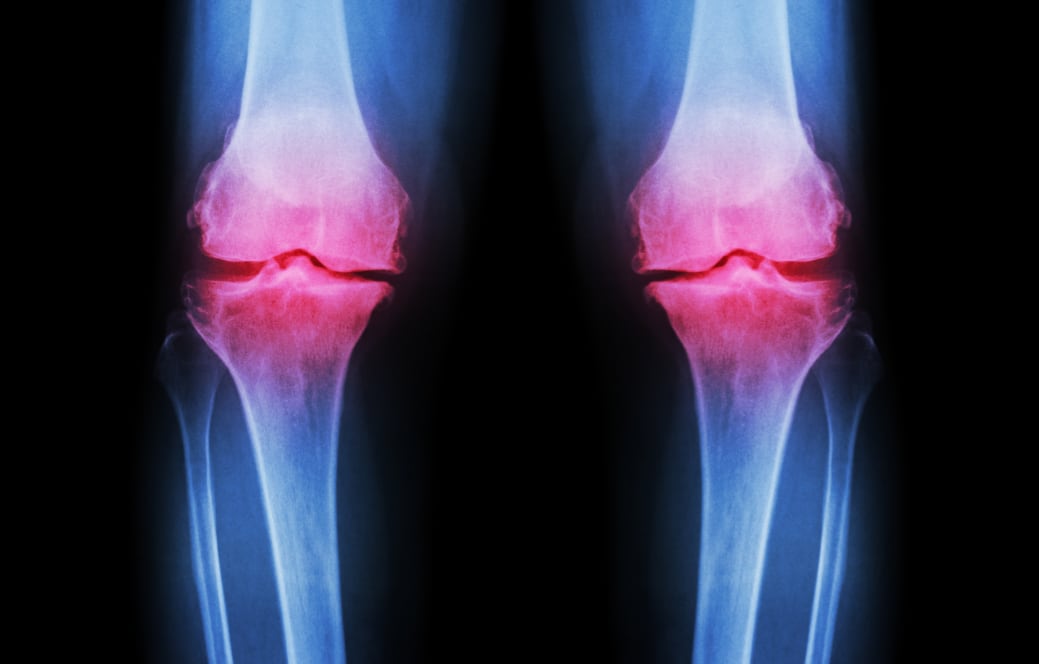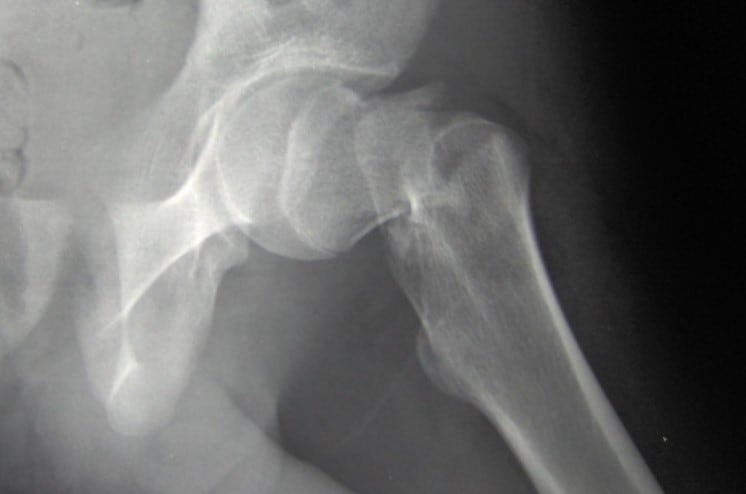Supplementation helped manage symptoms of severe joint dysfunction in study subjects, although there were no improvements in knee functionality for those suffering from low to moderate knee pain and loss of function and OLE did not prevent the development of symptoms.
Beneficial effects of OLE on pain and locomotion were not associated with any adverse effects after six months. The extract had a good safety profile and was well-tolerated.
The authors suggest OLE would appeal to sufferers with a preference for therapeutic solutions that do not provoke harsh side effects.
“Considering the adverse effects of NSAIDs and analgesic, mainly in patients with comorbidities, OLE could be of value as an alternative to these drugs in pain management of active subjects,” they said.
Therapeutic value
Loss of mobility caused by impairment of various musculoskeletal systems, such as joints, bone, and muscles, can affect the ability of older people to carry out regular activities and impact their quality of life.
Medical treatment is designed to relief discomfort and increase mobility, but medication often has undesirable side effects.
Chronic use of non-steroidal anti-inflammatory drugs (NSAIDS) or paracetamol, for example, can lead to gastrointestinal bleeding, loss of kidney function, and hepatotoxicity.
OLE is a rich source of the phenolic compound, oleuropein, and exhibits anti-inflammatory and antioxidant properties beneficial for joint health. Previous studies have demonstrated the role of oleuropein in preventing loss of bone mass and age-related bone loss osteoporosis.
The aim of the Swiss study was to investigate the effect of OLE containing 40% oleuropein on knee pain, discomfort, and loss of mobility in elderly subjects with mild to moderate functional knee pain during and after physical activity.
Study method
The randomised, double-blind study included healthy ‘free-living’ male and female subjects aged 55 years or over.
Subjects were assigned to either the investigational group and treated with one 125mg capsule of OLE (Bonolive) twice a day, or to the placebo (Maltodextrin Glucidex, IT 19) for six months and maintained their habitual eating habits.
Exclusion criteria were pregnancy or lactation, planned knee replacement surgery, allergy, or contra-indication to oleuropein, recent trauma of the knee or rheumatic diseases responsible of the symptomatic knee.
Use of any intra-articular injection in the target knee in the last three months, symptomatic slow-acting drugs in osteoarthritis (OA) in the last month, oral cortico-therapy in the last three months, other dietary supplements used for joint health in the last three months were also prohibitive.
Test results
No significant differences were observed between the two treatment groups in relation to demographic characteristics.
Knee injury and Osteoarthritis Outcome Scores (KOOS) for pain, function in daily living (ADL), function in sport and recreation (Sport/Rec) and knee-related quality of life (QOL)) increased during the first three months and then remained stable until month six in test groups.
Urine samples were taken to evaluate compliance and and found OLE metabolites rapidly increased in treated subjects but were undetectable or very low in the placebo.
“This clearly demonstrates a good bioavailability of the main metabolites of OLE, oleuropein aglycone, hydrotyrosol and homovanillyl alcool and its isomer, and suggests that the typical diet of the participants of the study do not provide significant levels of dietary oleuropein,” the authors write.
Conclusion
Study results indicate OLE at the posology tested had no significant effect on knee pain and function in subjects without osteoarthritis. However, it did improve KOOS scores and reduced walking pain in subjects with high pain at baseline and significantly increased their score after six months.
The main limitation was the lack of diversity in the study population, which focused on older subjects without OA diagnosis and early signs on joint discomfort. This potentially diminishes the robustness of the statistical evidence, the authors said.
However, they highlight that this is the first study of its kind conducted in full accordance with the International Council for Harmonisation of Technical Requirements for Pharmaceuticals for Human use and offers a useful template for future large-scale clinical trials.
Source: Therapeutic Advances in Musculoskeletal Disease
Published online: http://doi:10.1177/1759720X11070205
‘An oleuropein-based dietary supplement may improve joint functional capacity in older people with high knee joint pain: findings from a multicentre-RCT and post hoc analysis’
Marie-Noëlle Horcajada et al




